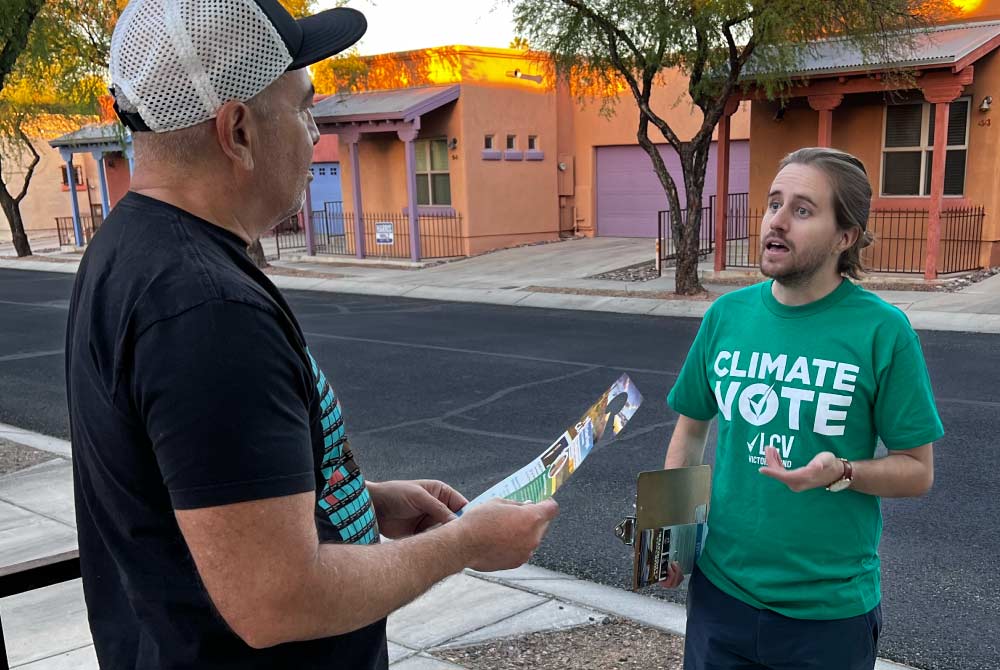
Top 5 Stories Worth Reading — November 2024
Nov 25, 2024
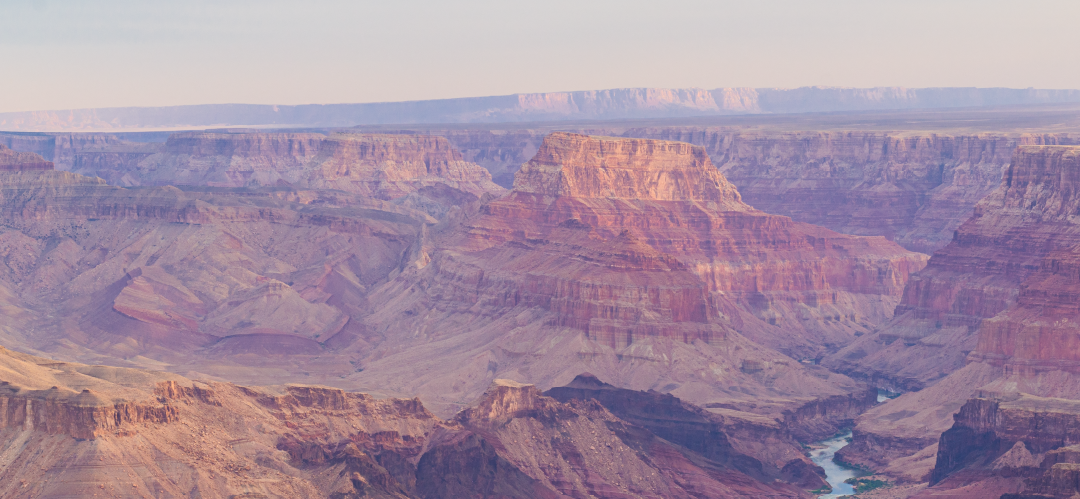
The greater Grand Canyon region is renowned for its stunning landscapes. From its pine forests to its streams and deep canyons, the region is home to unique ecological systems that provide specialized habitats for its abundant biodiversity, including several rare and endangered species. The region is not only home to stunning vistas and wildlife, but is also the ancestral homeland of several Indigenous Tribes and Nations.
Edmund Tilousi, Vice Chairman of the Havasupai tribe
Today, there are at least 12 Tribes and Nations that have cultural connections to the Grand Canyon: the Havasupai Tribe, Hopi Tribe, Hualapai Tribe, Kaibab Band of Paiute Indians, Las Vegas Band of Paiute Indians, Moapa Band of Paiute Indians, Navajo Nation, Paiute Indian Tribe of Utah, San Juan Southern Paiute Tribe, Pueblo of Zuni, Yavapai-Apache Nation, and Colorado River Indian Tribes. Each of these Tribes and Nations have hundreds of historic and cultural sites located in the region, some dating back to 11,000 BCE, which they have been fighting to protect for generations.
In April 2023, the Grand Canyon Tribal Coalition called on the Biden administration to protect their tribal homelands and designate the Baaj Nwaavjo I’tah Kukveni (“Where tribes roam, our ancestral footprints” in the Havasupai and Hopi languages) Grand Canyon National Monument.
Since then, Chispa Arizona and LCV have been supporting the work of the Tribal Coalition and uplifting their call for the protection of this sacred land through advocacy and organizing efforts.
Vianey Olivarria, Executive Director of Chispa Arizona
The 1.1 million acre proposed-monument would honor tribal ties to the region by permanently protecting the region from new and dangerous uranium mining.
Uranium mining has left a toxic legacy in the region with devastating impacts on human health and natural resources; tribal communities in the area experience high levels of air pollution, including of radioactive and toxic materials that have sickened generations of local people and contaminated their drinking water.
In addition to furthering conservation efforts and protecting Tribal communities, designating the monument will also have positive economic impacts on local communities. Tourism and outdoor recreation industries are vital to the economy of the Grand Canyon region, bringing over $3.3 billion in wages and salaries, $787 million in state and local revenues, and 104,000 direct jobs to the region. Protecting this iconic region as a national monument ensures that the region will remain an economic powerhouse for the local economy while preserving its cultural value for the region’s Indigenous groups for generations to come.
In support of Tribally-led efforts to designate the Baaj Nwaavjo I’tah Kukveni Grand Canyon National Monument, LCV is launching an ad campaign calling on President Biden to protect the Grand Canyon. The ads feature scenic vistas from the Grand Canyon region and the messages, “Keep it Sacred”, “Keep it Protected”, “Keep it Grand” and “Tell President Biden: Protect the Grand Canyon!”

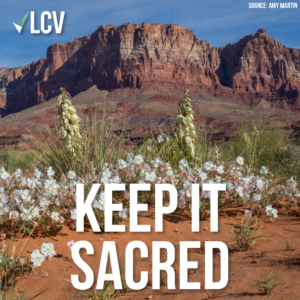
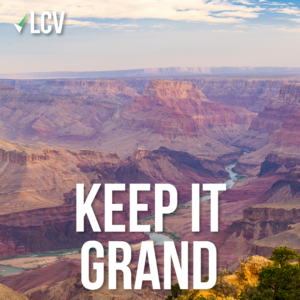
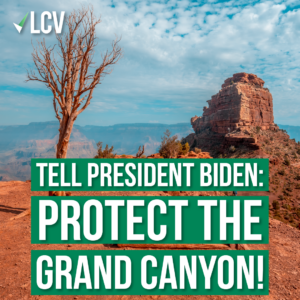
The ad campaign also includes an image prompting viewers to “Choose One” and featuring a photo of the Grand Canyon in juxtaposition to a toxic mining site.
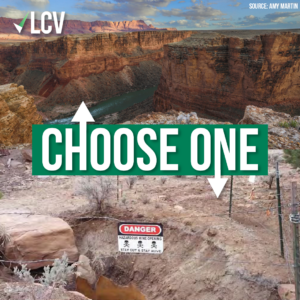
With this ad campaign, Chispa Arizona and LCV hope to inspire people to support Indigenous-led efforts to protect these lands and urge the Biden-Harris administration to designate the Baaj Nwaavjo I’tah Kukveni Grand Canyon National Monument.
To get involved, add your name to the petition calling on President Biden to designate Baaj Nwaavjo I’tah Kukveni Grand Canyon National Monument.